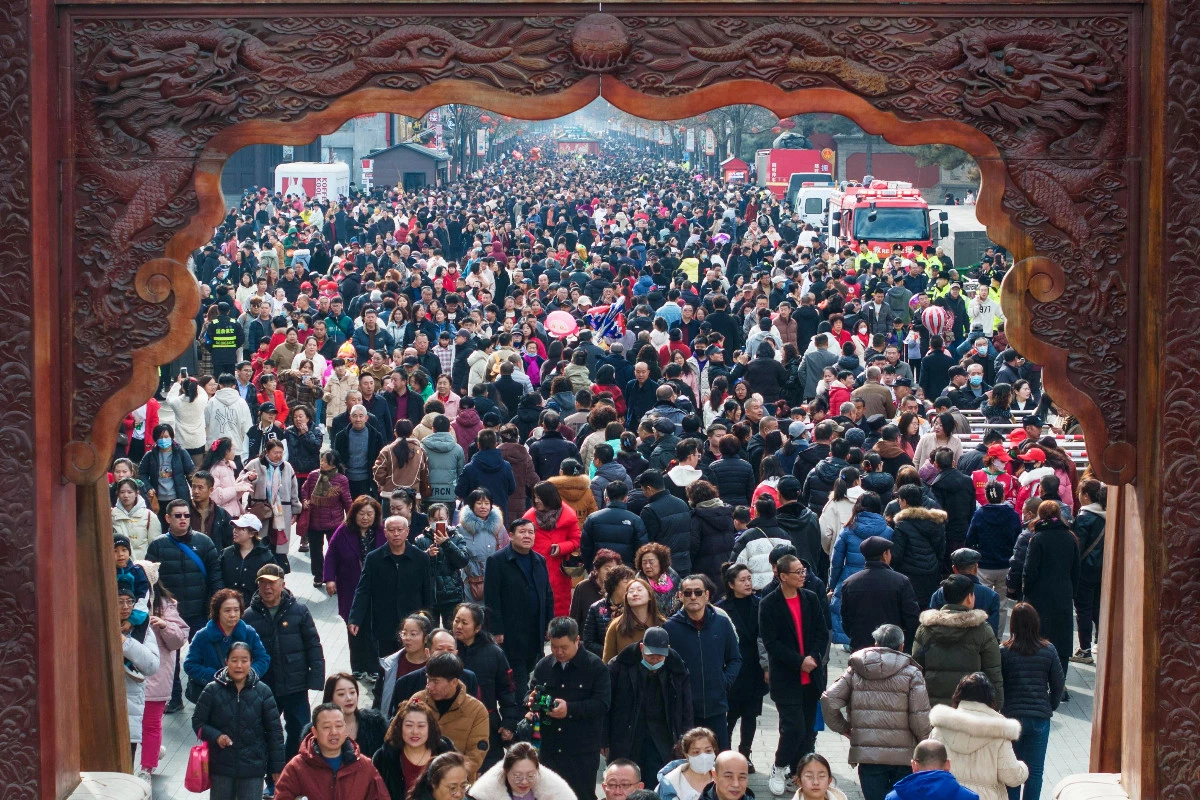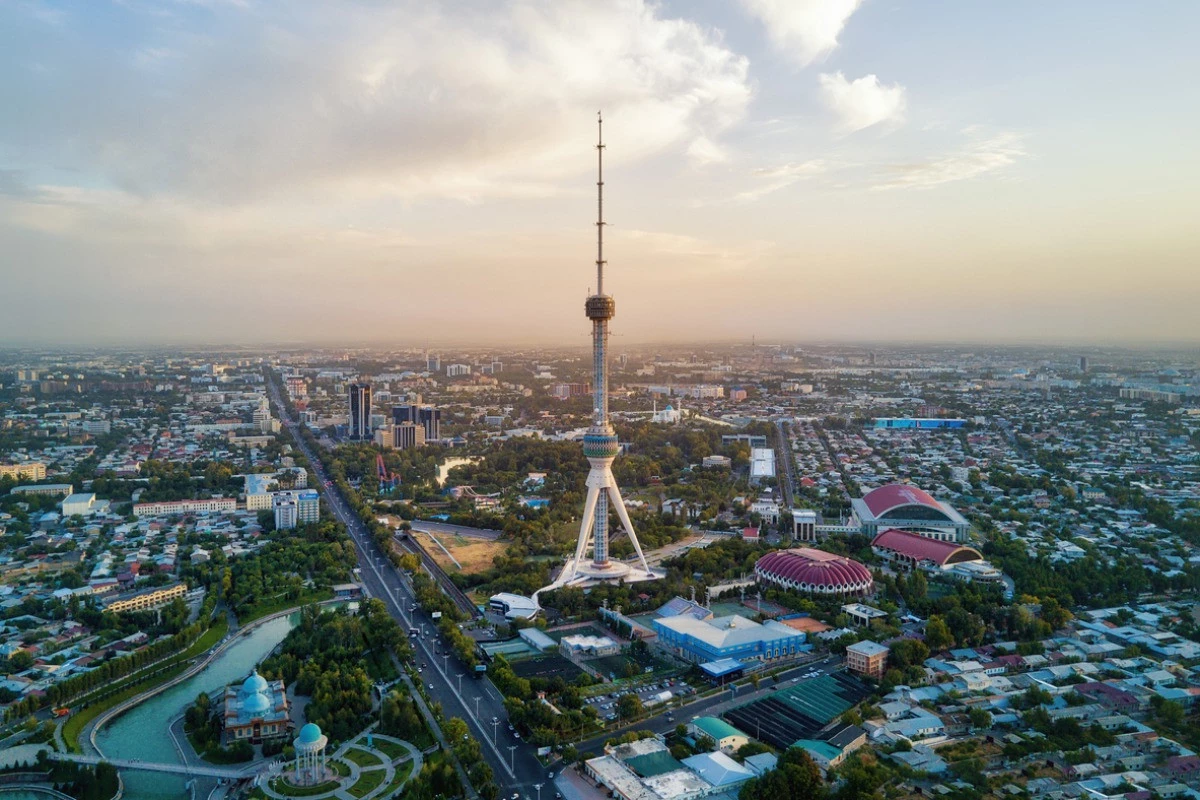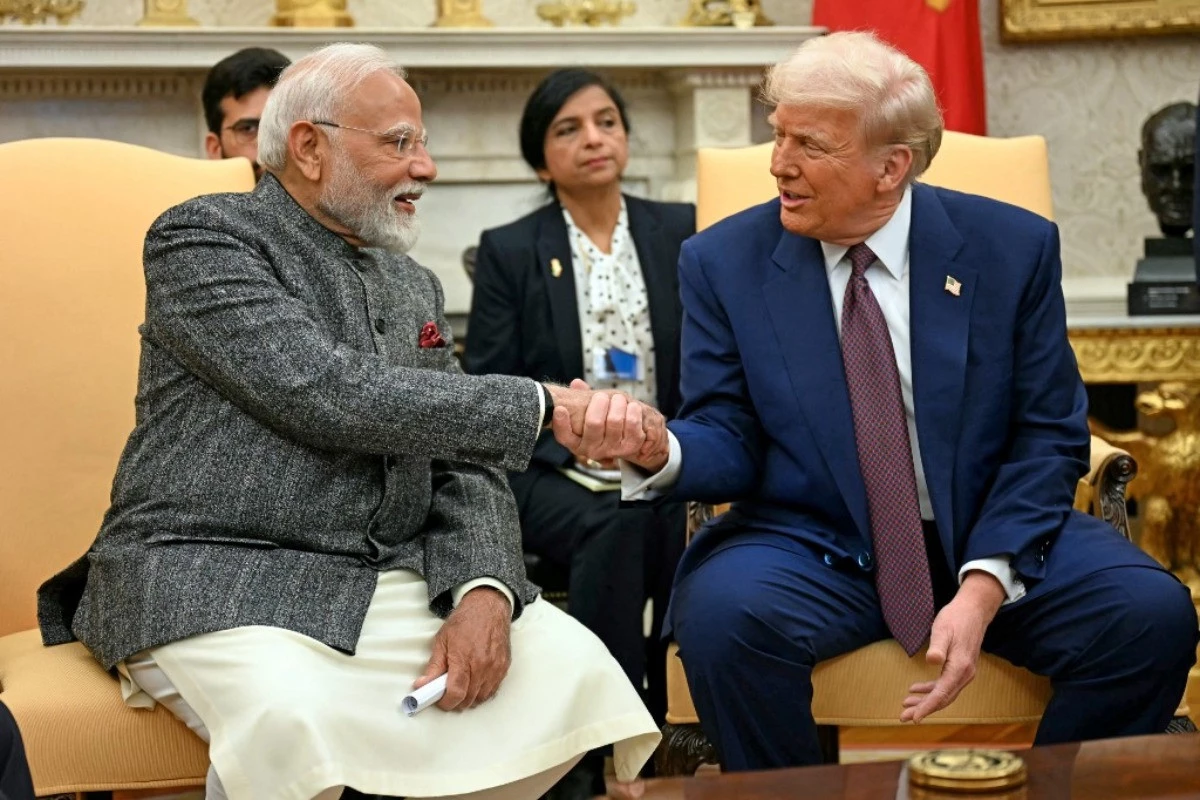
Travel and spending during China's Lunar New Year holiday surged beyond the pre-pandemic levels seen in 2019 despite concerns over slowing economic growth, Nikkei Asia reported.
Total domestic trips for the eight-day long that began on Feb. 10 rose 34.3% to 474 million, while tourism receipts grew 47.3% to 632.6 billion yuan ($89 billion) according to data published Sunday by the Ministry of Culture and Tourism. That's 19% more in term of trips and 7.7% more in terms of tourism spending from the equivalent period in 2019.
According to China Daily, China Eastern Airlines carried out 24,800 flights and served more than 3.56 million passengers over the eight-day Spring Festival holiday. The nation's civil aviation sector completed 17.99 million passenger trips during the 2024 Chinese New Year holiday – which fell between February 10 and Saturday (Feb 17) – or 2.25 million passenger trips per day, hitting new records, data from the Civil Aviation Administration of China showed.

Thailand, Japan, Malaysia and Singapore topped the list of overseas destinations as booking for international travel rose by 14 times, said Chinese online booking platform Qunar.com, without giving detailed numbers. Appetite for visits to the three Southeast Asian countries soared after visa requirements were scrapped for Chinese travelers.
Belt and Road Initiative partner countries also saw a spike in Chinese visitors, with Saudi Arabia, the United Arab Emirates, Turkey and the Maldives experiencing significant increases in travel bookings. Chinese tourist arrivals in Saudi Arabia increased by over 800 percent from 2019, according to Trip.com.
Apart from outbound tourism, the positive impact of visa policy changes has also been evident in inbound tourism to China, with Trip.com reporting a 48 percent increase in inbound travel bookings compared with 2019.

Comprehensive monitoring of key business activity indicators across the regions of Uzbekistan shows growth across all major metrics.

The United States has lifted the punitive tariff previously imposed on imports from India of Russian crude oil, effective Saturday.

Donald Trump said the US would lower its tariffs on India to 18 per cent after Prime Minister Narendra Modi “agreed” to halt purchases of Russian oil, ending months of trade friction between the countries, Financial Times reports.